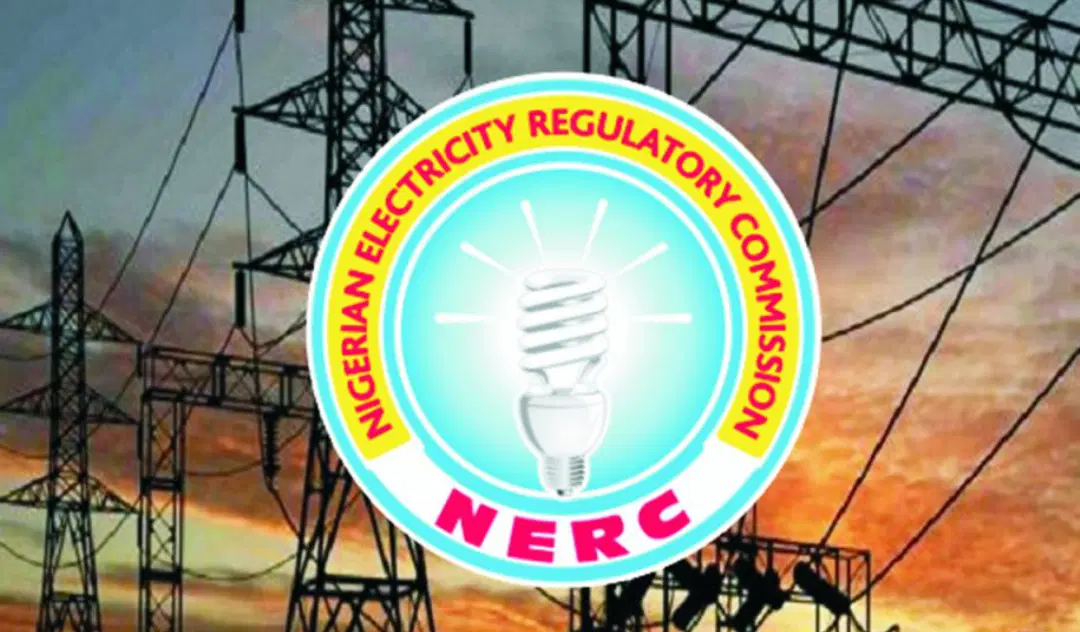The Nigerian Electricity Regulatory Commission (NERC) has called a stakeholders meeting to investigate the reasons behind the recent collapse of the Nigerian power grid, which occurred three times in the past week, leaving the country without public power supply for several hours.
The national grid experienced two collapses last Monday and again on Saturday, jeopardizing the federal government’s goal of achieving 6,000 MW of electricity supply by the end of the year. Data from Vanguard indicated that as of 3:25 p.m. on Saturday, the Distribution Companies (DisCos) received a total load allocation of 4,031 MW, with individual allocations as follows: Abuja DisCo (650 MW), Benin DisCo (339 MW), Eko DisCo (531 MW), Enugu DisCo (322 MW), Ibadan DisCo (498 MW), Ikeja DisCo (623 MW), Jos DisCo (245 MW), Kaduna DisCo (200 MW), Kano DisCo (200 MW), Port Harcourt DisCo (301 MW), and Yola DisCo (121 MW).
In a statement on its official X account, NERC emphasized that, under Section 48, subsection 1 of the Electricity Act 2023 (Amended), it is mandated to conduct public hearings on critical issues within the Nigerian Electricity Supply Industry (NESI). The commission expressed concern over the recent increase in grid disturbances that have led to widespread outages, reversing many of the improvements made in reducing infrastructure deficits and enhancing grid stability. NERC has scheduled a hearing for Thursday, October 24, 2024, inviting NESI stakeholders, civil society organizations, and the public to participate.
Chief Princewill Okorie, Chairman of the Association for Public Policy Analysis, stated that a thorough investigation of the entire power sector value chain is essential. He highlighted the ongoing issue of consumers paying for services not rendered while operators continue to profit.
Mazi Colman Obasi, National President of the Oil and Gas Services Providers Association of Nigeria, expressed skepticism about the effectiveness of the public hearing, citing previous hearings that yielded little improvement. He suggested that modern technologies could enhance communication and information gathering, allowing regulators to track power distribution more effectively.
“What would the public hearing do about the collapse of the national grid or providing prepaid meters to consumers?” he questioned.

